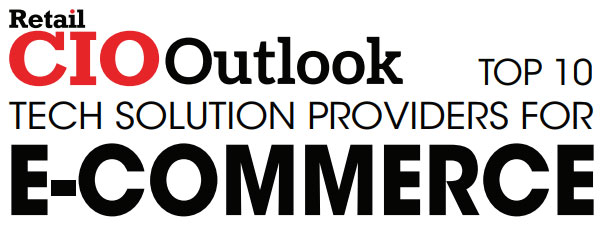Organizations should look for approaches that quickly address consent and privacy risks.
FREMONT, CA: Having stuck to regulations, such as GDPR and CCPA and general customer backlash, there exists a growing emphasis on collecting consumer consent and ensuring the privacy of their data. Here, the “cost” of compliance is a top-of-mind factor for retailers, and it varies among organizations. Despite the organization’s approach, the cost and complexity of solving the consent and privacy issue remain high. Some companies actively focus on the cost of setting up technology to collect, track, report, and store customer consent and privacy across their enterprise systems. They see the compliance problem as a project to accomplish and an item to check off their to-do list. Others tend to quantify the cost of potential fines associated with noncompliance whose focus is risk-reward and decide based on the potential risk and associated cost to the retailer for a complaint.
When defining a consent and compliance project so discretely, organizations fail to notice an expensive and impactful aspect of addressing the requirement that starts with a simple request. There arises a need for a holistic approach to compliance. As the request moves from department to department through the retail organization and as the number of requests grows, the cost to address a compliance enquiry grows exponentially. Here is how retailers can mitigate consumer consent and privacy request issues.
Cost to Compliance
An overarching practice can cause a general shift in the way an organization views the customers and works internally. Thoroughly addressing consent and privacy requests require input from all departments and continually updates with the change in business, technology, and compliance environment. Also, the compliance department should be strategic in its approach to be successful. 
Cost to Customer Service
As consent and privacy data is stored across many different systems and tools within the enterprise, attaining a consolidated view requires a proper data map indicating the type of information stored and its location. Thus, through self-service where customers can complete consent and privacy requests or providing customer service representatives’ easy access to customer data across the enterprise, customer enquiries can be effectively handled before they become a more significant problem.
See Also: Top E-Commerce Solution Companies
Read Also